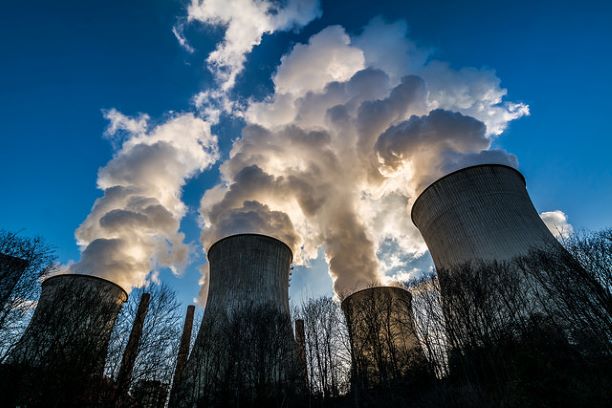

On the mitigation side, the paper presents a spreadsheet tool for judging the likely impact on emissions, fiscal revenues, local air pollution mortality, and economic welfare impacts of a range of instruments including comprehensive carbon taxes, emissions trading systems, taxes on individual fuels, and incentives for energy efficiency.
The paper discusses the cases for voluntary carbon price floor arrangements at the regional level, or among large-emitting countries, to reinforce domestic initiatives and help address concerns about competitiveness without resorting to trade penalties on other countries. It revealed that at $70 per ton of carbon dioxide, a carbon tax would be the most efficient means of cutting greenhouse gas emissions. The directors broadly recognized the potential of carbon pricing in effectively reducing emissions and mobilizing revenue resources.
The Paris Agreement, adopted in 2015 by more than 200 countries, aims to cap overall increases in global temperatures at two degrees centigrade above the pre-industrial era.
“The 2C target would require cutting emissions by roughly a third by 2030 and a global carbon price of around $70 per ton,” IMF Managing Director Christine Lagarde and Vitor Gaspar, the fund’s head of fiscal affairs, said in a joint blog post. “There is a growing consensus that carbon pricing… is the single most effective mitigation instrument,” they said.
“It also provides much-needed revenues,” they said, adding that countries could use that income to finance sustainable and more inclusive growth.
[related_post]
However, the board also noted that other fiscal instruments or regulatory measures could also have an important, and sometimes preferable, role to play, depending on country circumstances and preferences. They agreed that countries’ policy choices would need to take into account various aspects, including efficiency, distributional, and political economy considerations.
The paper stresses that mitigation instruments other than carbon taxes can have an important role if, for example, higher fuel prices are politically difficult or have limited impacts in countries that do not consume coal. One such approach is the use of revenue-neutral tax-subsidy schemes to promote cleaner power generation, shifting to cleaner vehicles, and improvements in energy efficiency without an increase in fuel prices.
Directors emphasised the importance of a holistic approach to promoting resilience in countries vulnerable to natural disasters and climate risks in collaboration with the World Bank and other relevant international organizations. They underscored the need to incorporate ex‑ante resilience‑building in macro‑fiscal and financial frameworks, including through fiscal buffers and climate finance. Directors also encouraged the Fund to work with donors and multilateral development banks in exploring affordable financing options for adaptation investments, especially for low‑income developing countries.
India’s ethanol initiative has helped India save Rs. 1,26,210 crore in foreign exchange by reducing…
Noida-based green energy leader NexGen Energia Ltd has secured a $1 billion equity investment commitment…
As Odisha takes firm steps toward a just transition from fossil fuels to renewable energy,…
Bio-Integrated cladding for greener cities, an innovative solution by a 29-year-old Indian architect, has won…
In a novel move, Farmwatt Innovation has launched a long-term training and capacity-building initiative focused…
State owned Bharat Petroleum Corporation Ltd (BPCL) has joined hands with GPS Renewables Pvt Ltd…